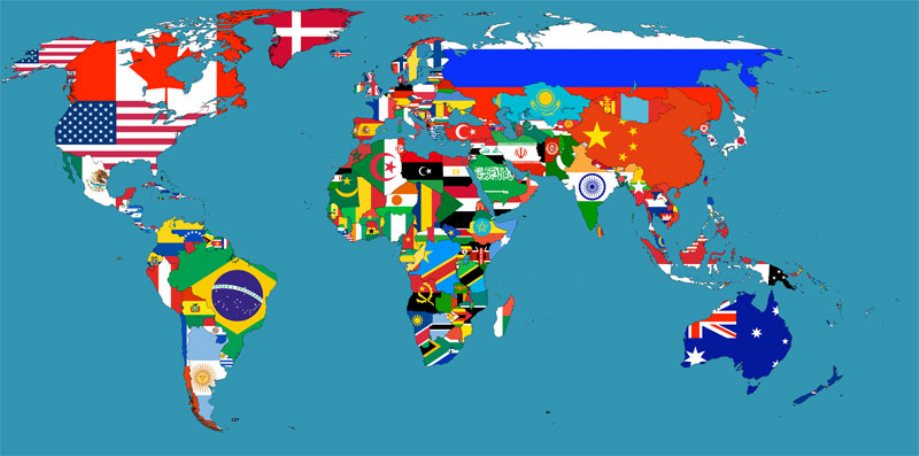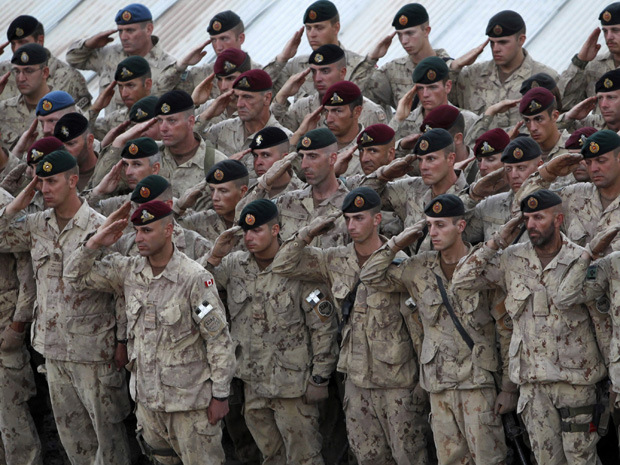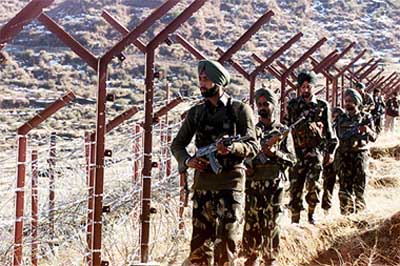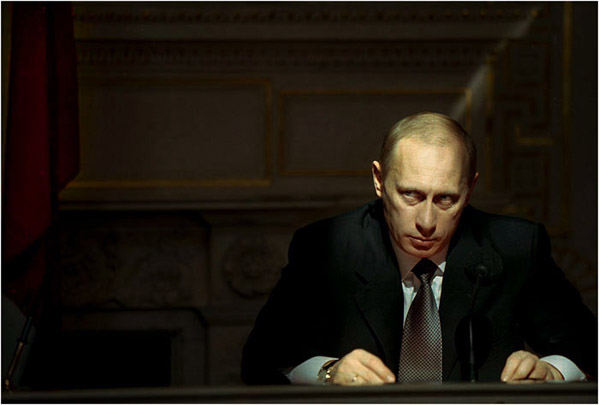
The issues discussed in last week’s article are just a small sample of the various triggers for conflict in the global South. These deeper, structural factors certainly need to be addressed and all represent challenges to development. However, addressing immediate security concerns such as the cessation of civilian and state violence can establish conditions through which deeper structural obstacles to development can be addressed. These challenges are interlinked, and none can be solved while leaving the others untouched. Security represents a pivotal challenge in this regard; there must first be a safe environment in order for transformative social change to take place.
The challenge of security to development is not a new one. The role of capitalism and liberal democracy on conceptualizations of security relates to the changing role of the state under these conditions. Specifically, under forms of democratic rule the state acts as a forum for the concerns of citizens and is obligated to respond to them. This form of accountability is supposed to ensure that the safety and security of its citizens is upheld. The spread of these economic and political forms of governance to the global South is therefore seen as beneficial due to the potential for security, prosperity, and development.
[quote align=”center” color=”#999999″]”The Cold War had a largely negative effect on the security environment in many developing nations.”[/quote]
However, the extent to which this has been a success is questionable at best. Good governance and development- whether it is democratic governance or not- cannot take place without the fundamental security roadblock first being crossed. Security plays a key role in development, especially during vulnerable periods.
Following the end of the Second World War, many states in the global South experienced a period of decolonization when, especially African states, gained independence from their former colonial powers. This period was characterized by the hopeful notion that these states would follow the market and governance structures of the West. However, the Cold War had a largely negative effect on the security environment in many developing nations.
The nature of development at this point became centred on larger security priorities on the part of the Soviet Union and the United States. Björn Hettne elaborates on this, noting that the “geopolitics of poverty” led to a world where “…development was linked to altogether different security concerns: a struggle between the superpowers and at the same time a worldwide competition between two different socio-economic systems.” Security and development in this era were therefore seen through competing superpower lenses rather than specific to each developing state itself. States from each bloc operated in developing countries in order to gain a geopolitical foothold in certain regions around the world. Developing states in Latin America, Southeast Asia, and Africa suffered as a result.
[quote align=”center” color=”#999999″]”The issue here is that often, once interventions in the name of security and democratic development are carried out, the state itself is left to continue with little or no guarantees of success.”[/quote]
 For example, the protracted civil wars in Mozambique and Angola represent this dynamic well. Both Mozambique and Angola became sites of regional conflicts during the Cold War following a revolutionary movement for independence. The former Portuguese colonies soon became embroiled in civil wars, supported by both the United States and the Soviet Union.
For example, the protracted civil wars in Mozambique and Angola represent this dynamic well. Both Mozambique and Angola became sites of regional conflicts during the Cold War following a revolutionary movement for independence. The former Portuguese colonies soon became embroiled in civil wars, supported by both the United States and the Soviet Union.
Here and elsewhere, the emphasis on security was placed within a Northern context rather than a Southern one. To the Northern states involved, conflicts within developing societies were seen as national security threats to the international system, rather than security threats within the developing states themselves. The development and security discourse continued to highlight issues of dependency, and often fuelled rather than aided conflict.
[quote align=”center” color=”#999999″]As the 2011 Development Report summarizes, the end of the Cold War gave way to regional wars fought in primarily developing states in the global South.[/quote]
As the Soviet Union dissolved and the geopolitical strategies that had played out among developing states and great powers died down, the conflict that had been shrouded by the Cold War began to show itself. Attempts to ‘develop’ the economies, social, and political sectors of states in the global South were often, and continue to be, hampered by violent conflict.
As the 2011 Development Report summarizes, the end of the Cold War gave way to regional wars fought in primarily developing states in the global South. In response, a variety of approaches to development and security were introduced within the academic and practitioner community. As referenced earlier, the goal was to aid in the transformation of these developing nations into free and democratic states, by promoting and providing accountable “good governance” practices.
This so-called rediscovery of internal conflict within developing states led to the establishment of interventionist policies. The risks surrounding internal conflict, especially violent conflict, in developing states are many. Here there is an interesting dynamic at play concerning interventionist operations and authoritarian leaders. To elaborate, in an article linking development and security, Mark Duffield argues, “the perception of these rulers as the illegitimate enemies of development, together with concerns that disaffected people are liable to be drawn to them, establishes an interventionist dynamic.” These interventions promote good governance practises, with the aim of establishing a secure environment in which to do so.
The issue here is that often, once interventions in the name of security and democratic development are carried out, the state itself is left to continue with little or no guarantees of success. Intervening states and organizations such as NATO or the UN have to strike a balance in the aftermath- and often this is a very difficult balance to achieve.




